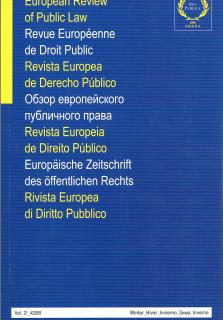
Constitutional Law / Droit constitutionnel
Serbia / Serbie
This chronicle traces an almost decade-long judicial reform in Serbia, which culminated in December 2009 by the general re-election of all judges and prosecutors and the reconstruction of the court system. It shows that the judiciary reform suffered from its own peculiar pathologies and was susceptible to several forms of serious abuse. Political bargaining in carrying out the reforms, dancing with the judicial appointment and dismissal powers, halfway lustration and dancing with a new court system prove that the political branches of government have not learned that governability can be enhanced by judicial independence. The reallocation of judicial dependency, that is the release of the members of the judiciary from the tutelage of the executive and the legislature and their subordination only to laws, has been largely ignored in the current reform. The chronicle demonstrates that the post-authoritarian judiciary has not adapted to democracy either: it has been too much preoccupied with its own corporate interests to put citizens’ interests first in performing their constitutional duties. In the meantime, the citizens of Serbia still wait to see progress in reducing significant backlog in civil, criminal, commercial and administrative cases, in speeding domestic war crime cases or in eliminating influence of those corrupted or bribed in decision-making.





















